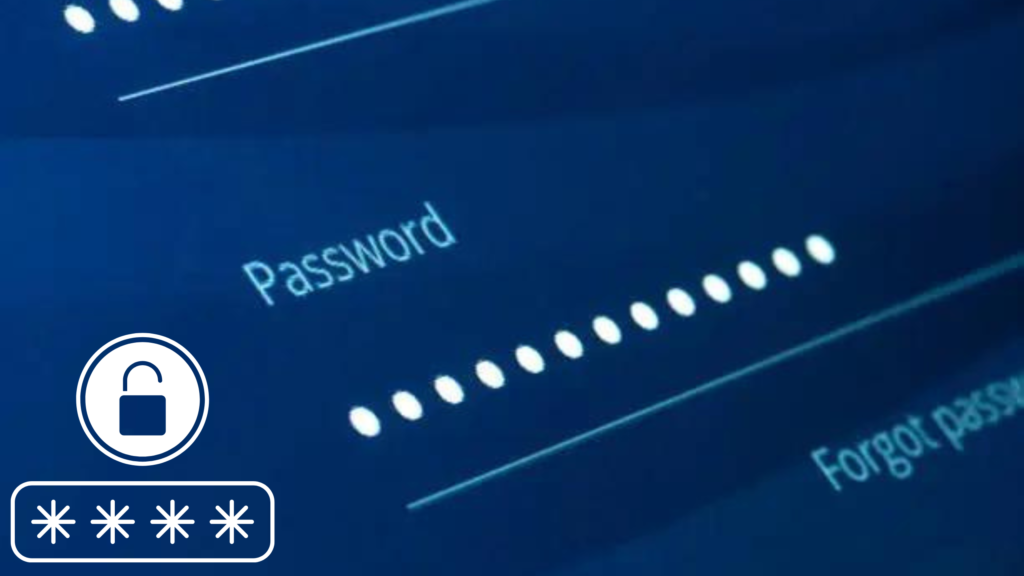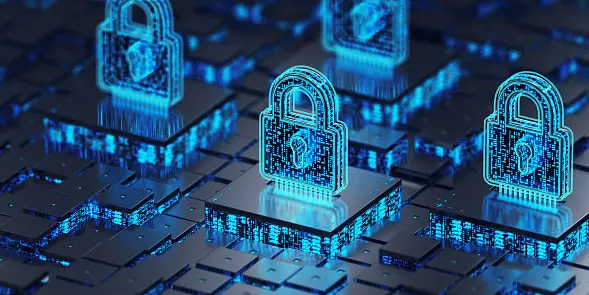In today’s increasingly virtual world, data security has become a crucial concern. Whether you’re browsing the web, conducting online transactions, or storing personal information in the cloud, the need to protect your data from threats is more important than ever. Here are key steps to help you secure your data in the virtual space:
1. Use Strong Passwords and Multi-Factor Authentication (MFA)
Create complex passwords that combine letters, numbers, and special characters. Avoid using easily guessable information like birthdays or simple sequences. Better yet, enable multi-factor authentication, which adds an extra layer of security by requiring not just a password but a code sent to your mobile device.

2. Keep Software and Systems Updated
Regularly updating your operating system, applications, and antivirus software is vital. Cyber attackers exploit vulnerabilities in outdated software, so by keeping everything up-to-date, you close those gaps and make it harder for intruders to gain access.

3. Use Encryption
Encryption ensures that even if data is intercepted, it remains unreadable. Encrypt sensitive files and communications, whether stored on local devices or transmitted over the internet. Most modern apps and services offer built-in encryption options, so take advantage of them.

4. Be Wary of Phishing Attacks
Phishing emails and messages attempt to trick you into revealing personal data like login credentials or credit card information. Always verify the authenticity of any request for sensitive information by checking the sender’s details and looking for suspicious links. we should have understanding the importance of cybersecurity
5. Regular Backups
Regularly backup important files to an external hard drive or a cloud-based service. In the event of data loss due to cyberattacks or system failures, backups allow you to restore your information quickly without losing valuable data.
6. Be Cautious with Public Wi-Fi
Public Wi-Fi networks are often unencrypted and, as a result, pose significant risks. Therefore, it is crucial to avoid accessing sensitive accounts or transmitting personal data while connected to these networks. However, if you must use public Wi-Fi, then consider using a virtual private network (VPN) to secure your connection. A VPN encrypts your data, making it much harder for hackers to intercept and misuse your information. Ultimately, this simple precaution can significantly enhance your online security when using potentially unsafe networks
7. Limit Data Sharing
Be mindful of how much personal information you share online. Social media, for instance, often collects more data than you realize. Review your privacy settings and restrict what can be seen by others. The less information available, the less attractive you are as a target for cybercriminals.
8. Use Reliable Security Software
Invest in reputable antivirus and anti-malware software to provide real-time protection against threats. These programs detect and neutralize viruses, ransomware, and other forms of malicious software before they can compromise your data.
Conclusion
In a world where much of our lives take place online, protecting your data requires vigilance and proactive measures. By following these guidelines, you can significantly reduce the risk of data breaches and enjoy a safer virtual experience.




